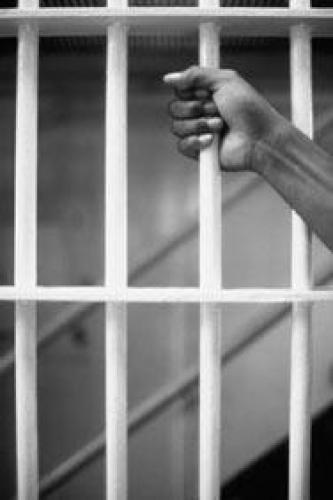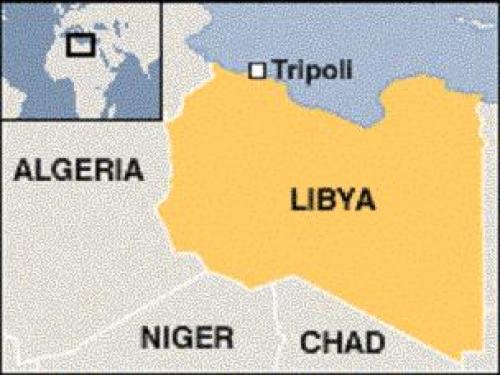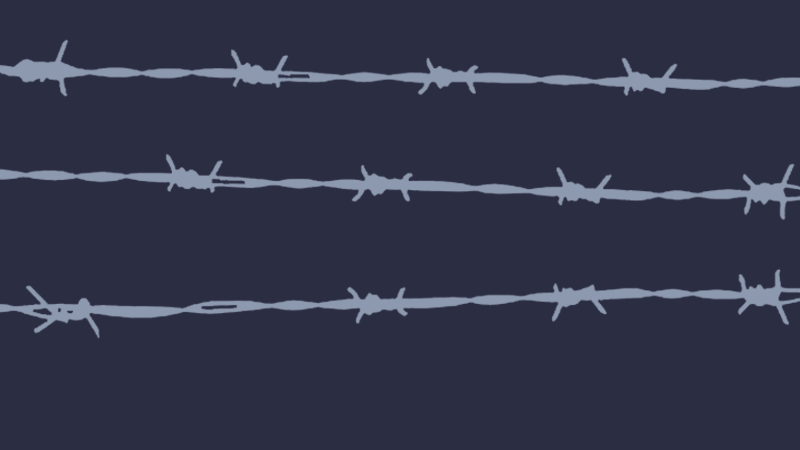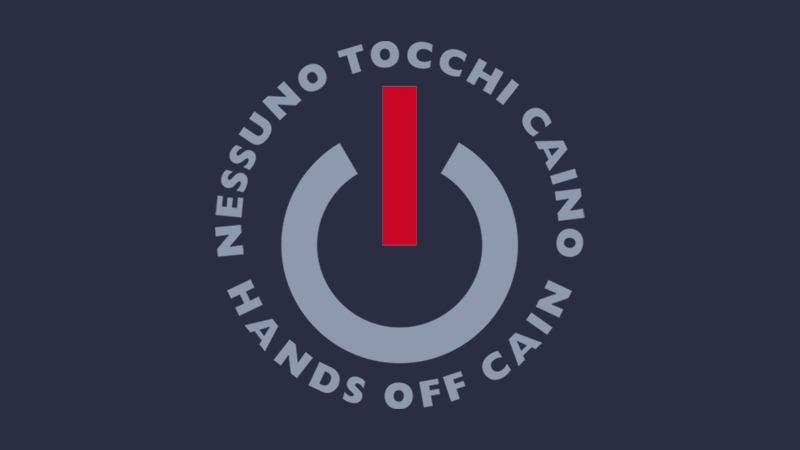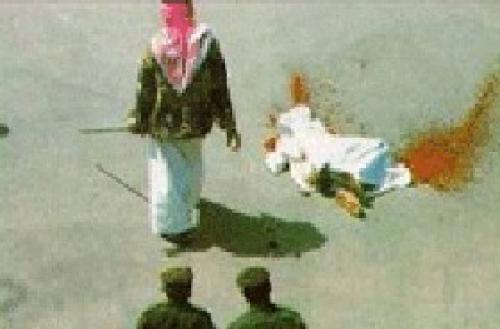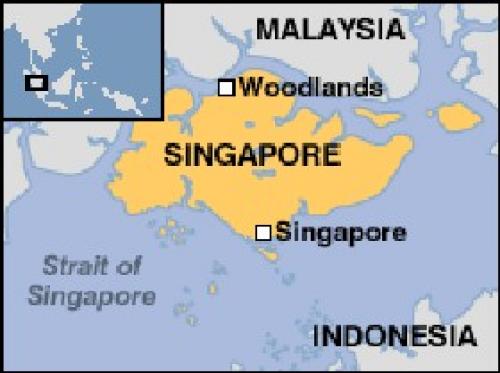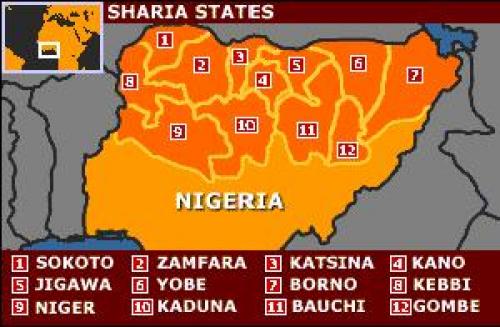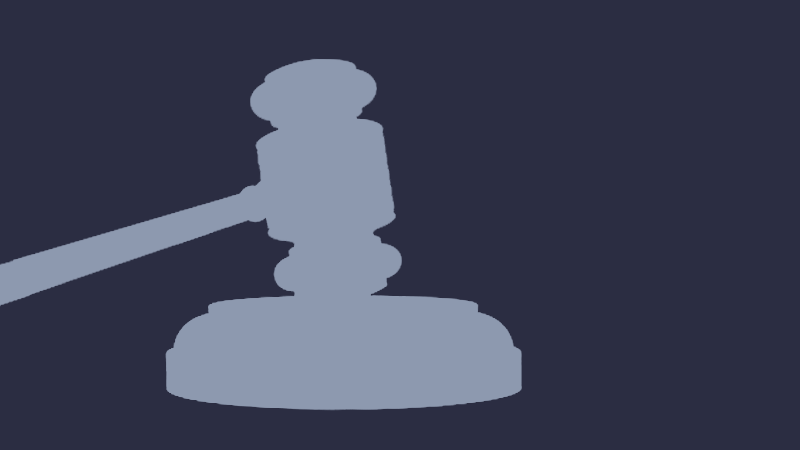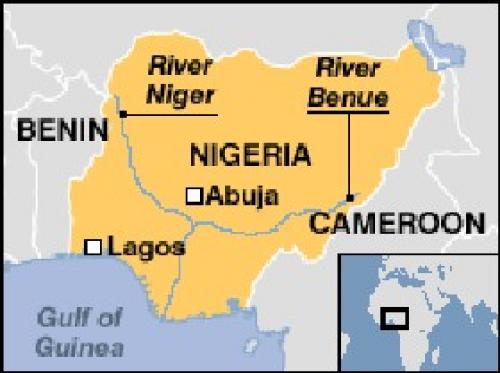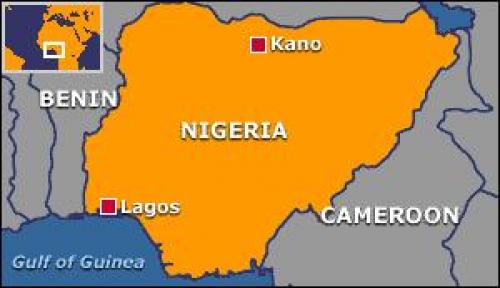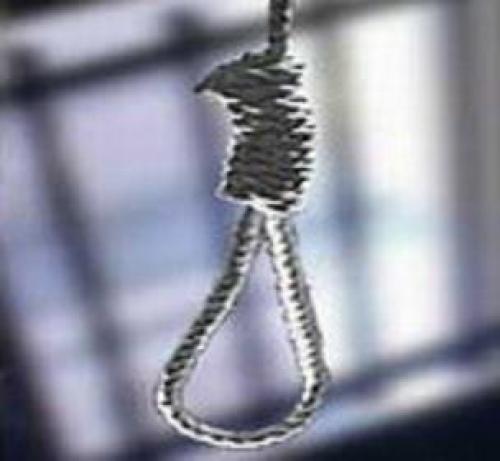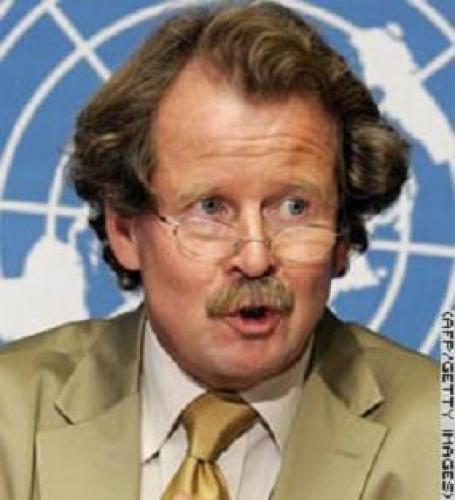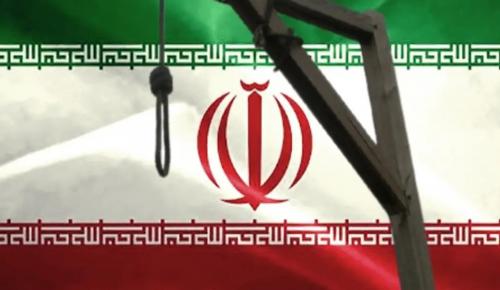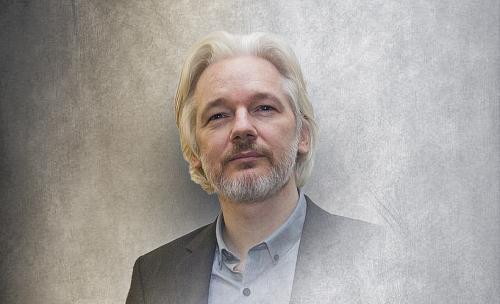government: Presidential-parliamentary democracy
state of civil and political rights: Partly free
constitution: 1999 new constitution adopted
legal system: based on English common law, Islamic law and tribal law
legislative system: bicameral National Assembly consists of the Senate and the House of Representatives
judicial system: Supreme Court (judges appointed by the Provisional Ruling Council), and Federal Court of Appeal (judges are appointed by the federal government on the advice of the Advisory Judicial Committee)
religion: Muslim 50%, Christian 40%, indigenous beliefs 10%
death row: 548 (as of January 2006)
year of last executions: 0-0-0
death sentences: 21
executions: 0
international treaties on human rights and the death penalty:International Covenant on Civil and Political Rights
Convention on the Rights of the Child
Convention Against Torture and Other Cruel, Inhuman or Degrading Treatment or Punishment
Statute of the International Criminal Court (which excludes the death penalty)
situation:
The Nigerian Constitution states at Part II, Chapter IV on Fundamental Rights, Art.33. (1) that “Every person has a right to life, and no one shall be deprived intentionally of his life, save in execution of the sentence of a court in respect of a criminal offence of which he has been found guilty in Nigeria.”
The death penalty is provided for by the Criminal Code and legislation on civil disturbances. Armed robbery, murder, treason, and offences against the State are capital crimes under national law.
Since 1999, 12 northern states have introduced Islamic Sharia law in criminal justice. The introduction of Sharia law poses a constitutional problem as the federal constitution declares Nigeria a secular state. The Constitution of Nigeria, at Part II Article 10 of the general provisions, states that there is no state religion.
Sharia law widens the application of the death penalty to certain sexual activities.
Death sentences for crimes such as murder are usually carried out by hanging, but firing squads are sometimes used to kill armed robbers and convicted traitors. Sharia law prescribes death by stoning for adultery and amputation for theft.
The first, and up to now only, Sharia-based execution in Nigeria since its introduction took place on January 3, 2002, when Sani Yakubu Rodi was hanged in Katsina state for murder, after he was condemned to death by a Sharia court. Several people found guilty of stealing had their hands amputated.
Rodi’s was also the only execution carried out under the presidency of Olusegun Obasanjo, whose democratic election in 1999 brought to an end 15 years of military rule. He led the country back into the Commonwealth, from which it had been suspended in 1995 after then dictator Sani Abacha ordered the execution of writer Ken Saro-Wiwa and other Ogoni activists.
The federal government of Nigeria has repeatedly stated that the Federal Constitution does not allow stoning and similar punishments envisaged by Sharia law, introduced and applied in 12 northern states.
President Olusegun Obasanjo has described the latter moves as "political Sharia" - an instrument in the hands of the state governments to impose conditions on the federal government - destined to fizzle out with time. His government has consistently assured the international community that federal courts would block Sharia death sentences. No appeals from Sharia-based death sentences have yet reached federal appeals levels. In such an event, the application of Sharia by the northern states could possibly be held to be unconstitutional. The authorities of the northern states appear unwilling to run this risk. In fact, Sharia death sentences have been systematically overturned by state Sharia Courts of Appeal.
In January 2000, President Olusegun Obasanjo pardoned death row inmates who had been awaiting execution for over 20 years and commuted to life terms the death sentences of inmates who had spent between 10 and 20 years on death row.
Obasanjo handled with wisdom the cases concerning Safiya Hussaini and Amina Lawal, two women condemned to death-by-stoning by Sharia courts. In October 2002, during a meeting with an HOC delegation visiting Nigeria, he said: "As President I am committed to saving lives and not eliminating them." He said he adhered to HOC's worldwide campaign for a moratorium on executions and stated that he was committed to it "here in our country and internationally." President Obasanjo was re-elected in 2003.
The president has set up a committee under the chairmanship of the Justice Minister, to assess all capital cases and see what final decision to take on the death penalty. The National Study Group on Death Penalty (NSG) was inaugurated by the Chief Akinlolu Olujinmi, Justice Minister and Attorney General of the Federation, on November 13, 2003. On October 22, 2004, it recommended an official moratorium on executions until the Nigerian criminal justice system can ensure fundamental fairness and due process in capital cases and minimize the risk of innocent people being executed. Ignatius Ayua, director general of the Federal Ministry of Justice, on November 4, 2004, said the Nigerian government will take a decision on maintaining or abolishing capital punishment in 2005. He said the NSG had recommended the gradual phasing out of the death penalty. The director general said there was a need to review the nation's justice system particularly in the area related to the death penalty as this had been tampered with by successive military governments until 1999.
Nigeria had 548 prisoners awaiting capital punishment - 10 of them women - among a total 40,000 detainees, according to Ernest Ogbozor of Prisoners Rehabilitation and Welfare Action (PRAWA), Nigeria's largest prisoners' rights organisation, quoted by an IRIN report in January 2006.
On December 17, 2007, the secret hangings of at least seven people in Nigeria in 2006 were made public, even though the Nigerian Government assured that noone in the country was hanged "in years." The news was revealed by a Nigerian NGO and Amnesty International. They said the seven were sentenced by a tribunal in Kano state and then detained in prisons all over Nigeria, including Jos, Kaduna and Enugu. The executions were confirmed by Kano state authorities.
Nigeria abstained on the resolution on the death penalty approved by the UN Commission on Human Rights on April 20, 2005.


